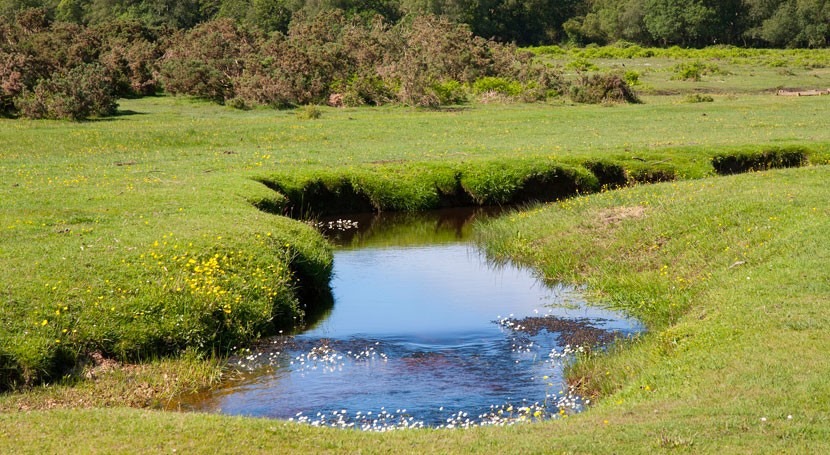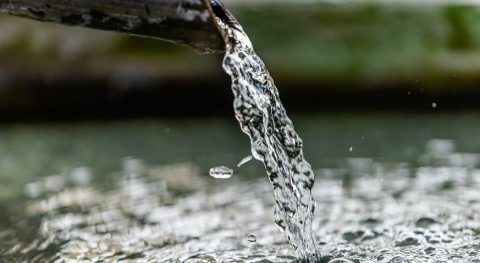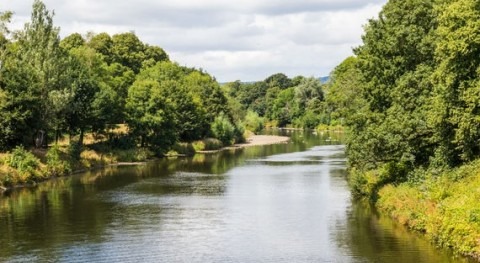Improvements in water quality could reduce the ecological impact of climate change on rivers, finds a new study by Cardiff University’s Water Research Institute and the University of Vermont.
Warm water can affect freshwater organisms in similar ways to many pollutants: both reduce the availability of oxygen in the water. As oxygen levels decline, sensitive species may disappear, including invertebrates such as mayflies, and fish such as salmon and trout. On a more positive note, efforts to improve water quality, such as improved wastewater treatment and tighter regulation, could potentially counteract some of the effects of climate warming.
The team looked at how invertebrate communities had changed at >3000 locations across England and Wales, over a 20 year span starting in 1991. During this period, average water temperatures increased by 0.6°C, but the biological effects of warming appear to have been offset by simultaneous improvements in water quality that were equivalent to more than 0.8°C of cooling.
Lead author, Dr Ian Vaughan from Cardiff University’s Water Research Institute, commented: “Globally, freshwaters are amongst our most threatened habitats, showing some of the largest species declines and fastest rates of extinction. Many freshwater species are very sensitive to temperature, with as little as a 0.5°C increase having large effects. Despite rising temperatures, many rivers in England and Wales have continued to recover from historical pollution problems over recent decades, suggesting that ongoing water quality improvements offset temperature rises.
“For the first time we have estimated the size of this water quality ‘credit’, which appears to have paid the climatic ‘debt’ accumulated during this period. Although pollution control is not a panacea for the effects of climate change on rivers, our study suggests it is a valuable tool in mitigating effects of climate change in addition to its wider environmental benefits.”
Helen Wakeham, the Environment Agency’s Director for Water Quality, added: “Action on climate change is a number one priority for the Environment Agency. We are delighted to hear that the great improvements in water quality in England over recent decades have off-set the impact of climate change on river invertebrates.
“The Environment Agency is working with partners and industry to further reduce environmental pressures to, amongst other things, increase the resilience of the water environment to the negative consequences of climate change.”
The research ‘Water quality improvements offset the climatic debt for stream macroinvertebrates over twenty years’ is published in Nature Communications.







